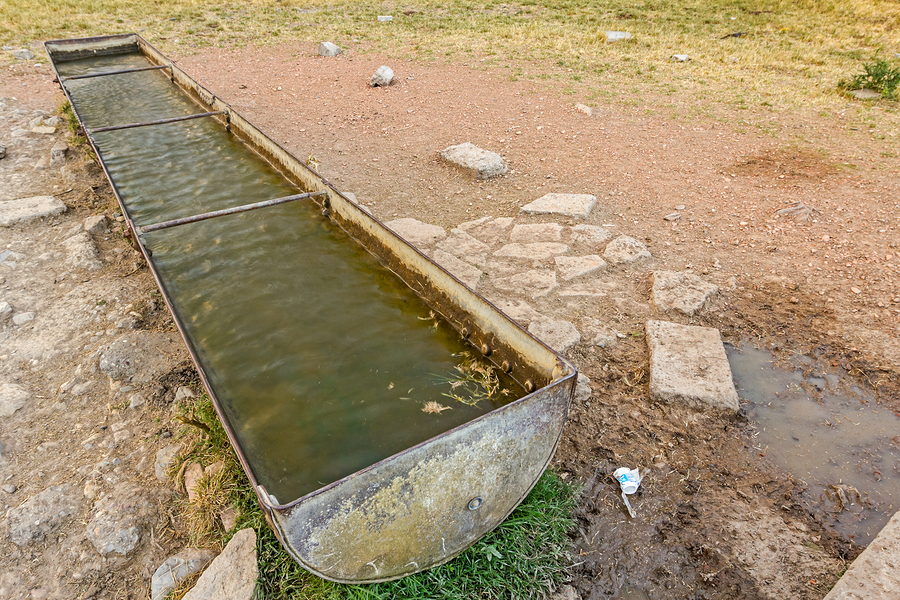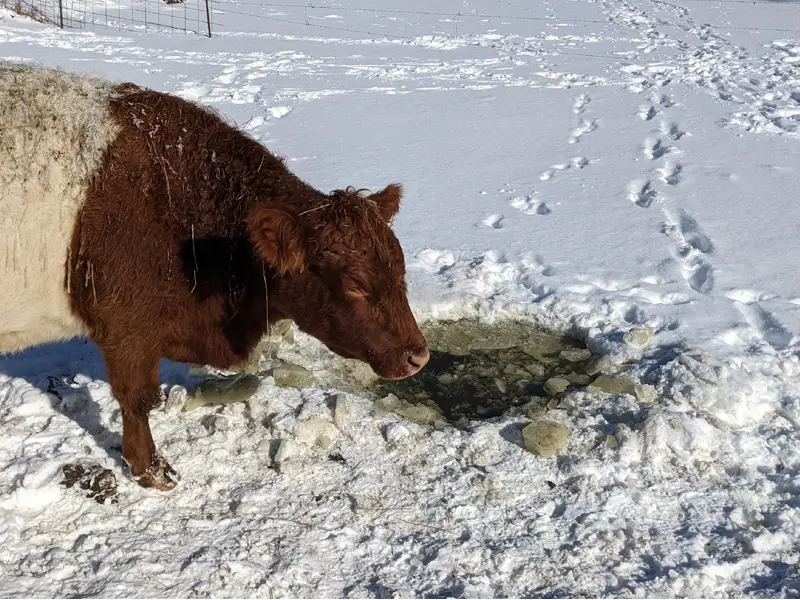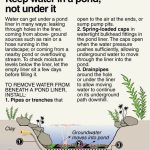During the winter months, it is essential to ensure that your cattle have access to unfrozen water sources. Frozen ponds can pose a significant risk to the health and well-being of your livestock. In this article, we will discuss effective strategies to keep ponds from freezing for cattle.

Credit: www.motherearthnews.com
Why is it Important to Keep Ponds from Freezing for Cattle?
Cattle, like all animals, require access to water to maintain their health and hydration. When ponds freeze over, cattle may not be able to access the water they need, leading to dehydration and other health issues. By keeping ponds from freezing, you can ensure that your cattle have a reliable water source throughout the winter months.
Effective Strategies to Keep Ponds from Freezing
There are several strategies you can use to prevent ponds from freezing and ensure your cattle have access to water:
1. Installing A Pond Heater
One of the most effective ways to prevent ponds from freezing is by installing a pond heater. Pond heaters are designed to keep the water temperature above freezing, preventing ice from forming. There are a variety of pond heaters available on the market, so be sure to choose one that is appropriate for the size of your pond.
2. Using Aeration
Aeration systems can also help prevent ponds from freezing. By circulating the water and introducing oxygen, aeration systems can help maintain water temperature and prevent ice formation. Consider installing an aerator in your pond to keep the water flowing and prevent freezing.
3. Adding Salt
Adding salt to the pond water can help lower the freezing point of the water, making it less likely to freeze over. Be cautious when adding salt to the pond, as excessive salt levels can be harmful to the environment and aquatic life. Consult with a professional to determine the appropriate amount of salt to use.
4. Using A Solar Pond Pump
Solar pond pumps are an eco-friendly option for keeping ponds from freezing. These pumps use solar power to circulate the water, helping to prevent ice formation. Solar pond pumps are easy to install and can be a cost-effective solution for keeping your pond from freezing over.
5. Implementing Insulation
Insulating your pond can also help prevent freezing. You can use materials such as pond blankets or foam insulation to cover the surface of the pond and retain heat. Insulation can help maintain the water temperature and prevent ice from forming on the surface of the pond.
Benefits of Keeping Ponds from Freezing for Cattle
There are several benefits to keeping ponds from freezing for your cattle:
- Prevents dehydration: By ensuring that your cattle have access to unfrozen water, you can prevent dehydration and promote their overall health.
- Improves water quality: Keeping ponds from freezing can help maintain water quality by preventing the buildup of harmful bacteria and algae.
- Reduces stress: Access to water is essential for cattle’s well-being, and by preventing ponds from freezing, you can reduce stress on your livestock.
- Enhances productivity: Proper hydration is crucial for cattle to thrive and be productive. By keeping ponds from freezing, you can ensure that your cattle are well-hydrated and performing at their best.

Credit: thegrownetwork.com
Conclusion
Ensuring that your cattle have access to unfrozen water sources during the winter months is crucial for their health and well-being. By implementing strategies such as installing pond heaters, using aeration systems, adding salt, using solar pond pumps, and implementing insulation, you can prevent ponds from freezing and provide your cattle with a reliable water source. Keeping ponds from freezing not only benefits your cattle but also promotes a healthy and productive environment on your farm.
Remember to regularly monitor the water sources and make adjustments as needed to ensure that your cattle have access to clean and unfrozen water throughout the winter season.





